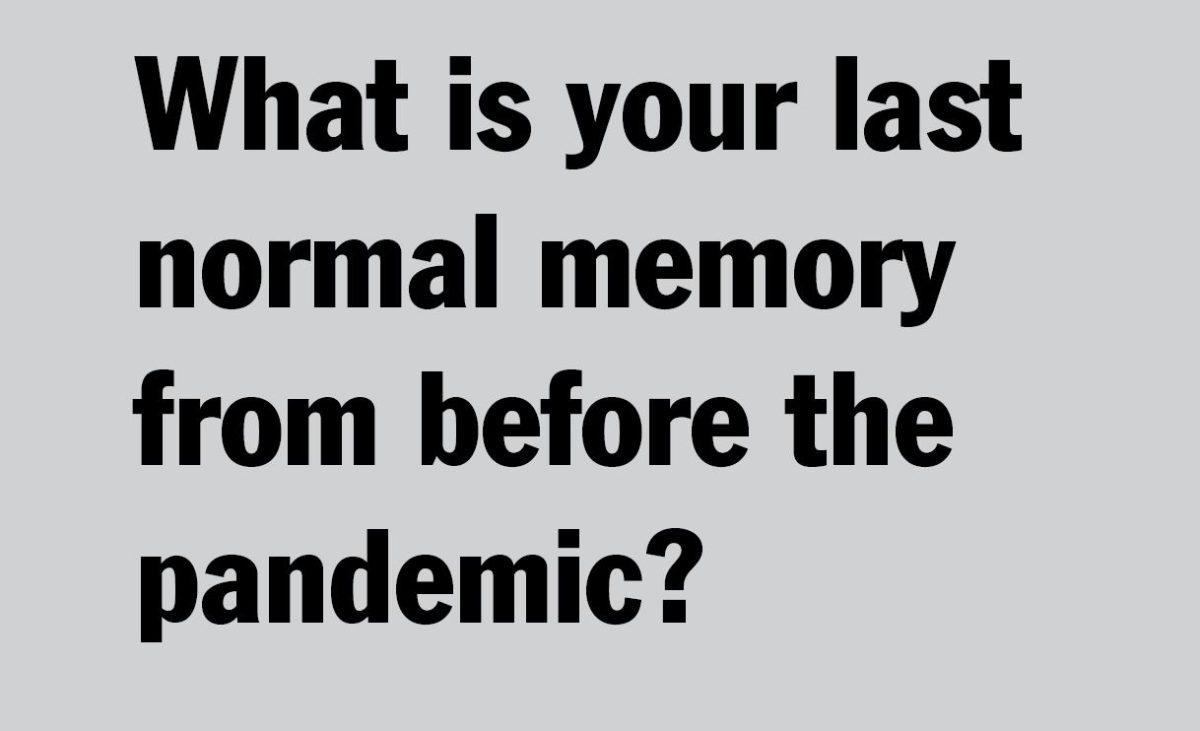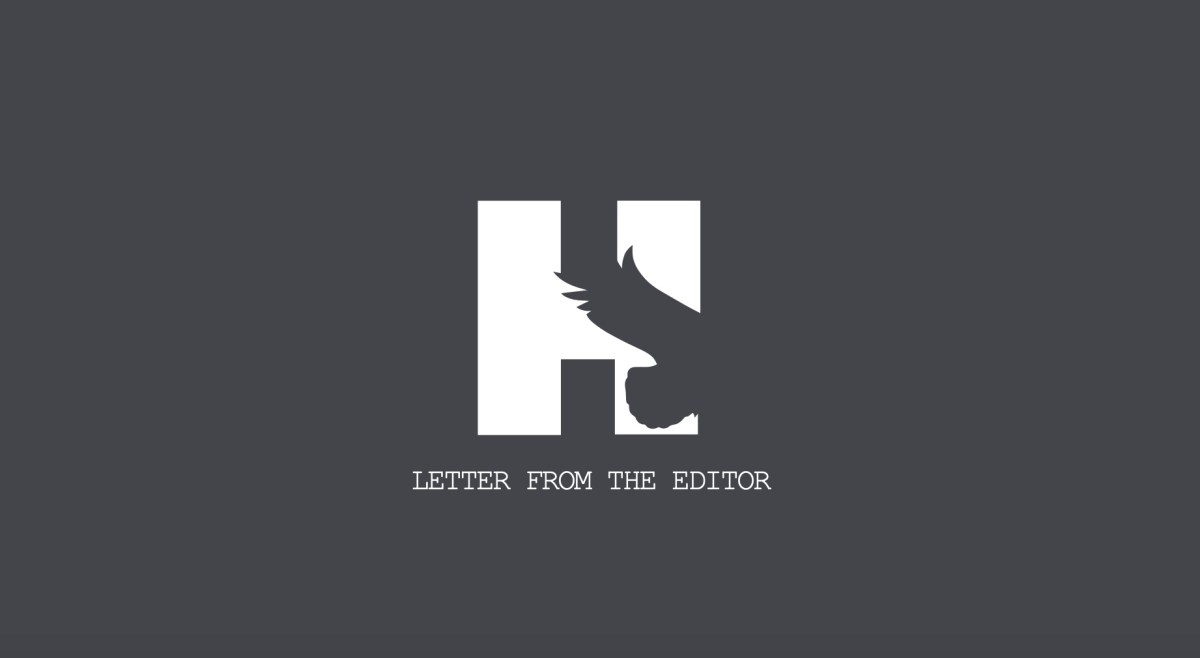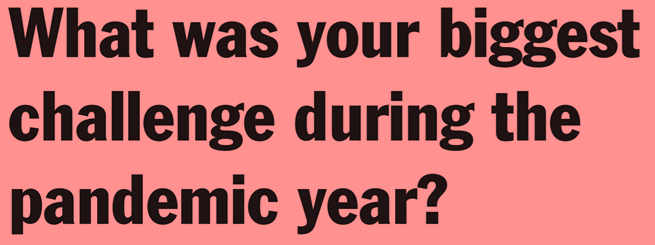COVID-19 is obviously at the center of everyone’s lives. It’s also at the center of the reporting process. I won’t soon forget holding a six-foot, socially-distant boom pole in one hand and a notebook in the other trying to record video all while staring at a camera through my all too commonly fogged glasses. I’ve come to the conclusion that every mask will fog my glasses, which is of course a fair trade-off.
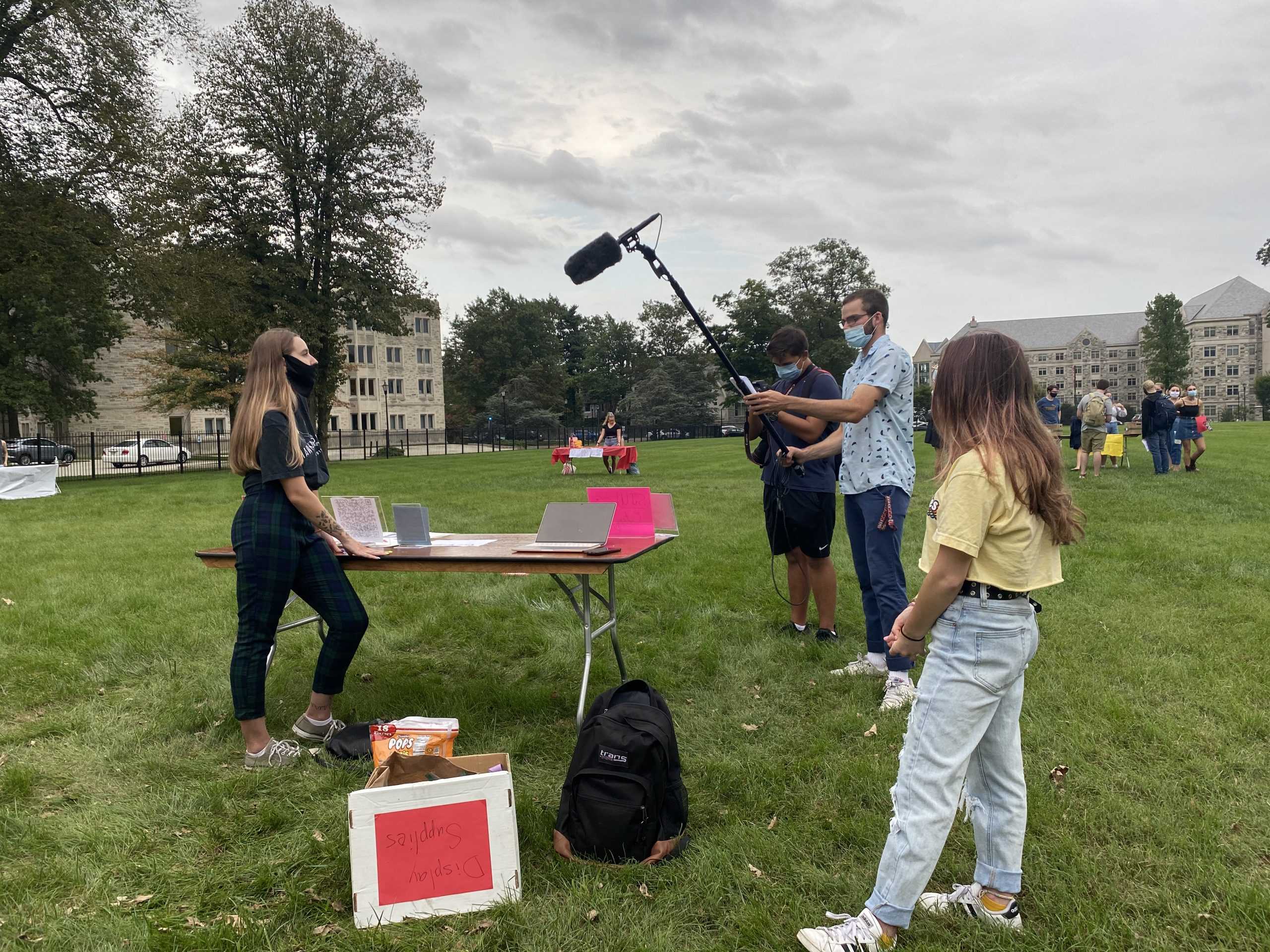
Nick Karpinski ’21
Managing Editor
When I used to conduct in-person interviews, I would draw inspiration for my story through my observations of the space I entered into or even through the body language of the source I spoke to. Those little things would help my story come to life. Zoom interviews and phone interviews during the pandemic did not afford me the same experience in the reporting process.
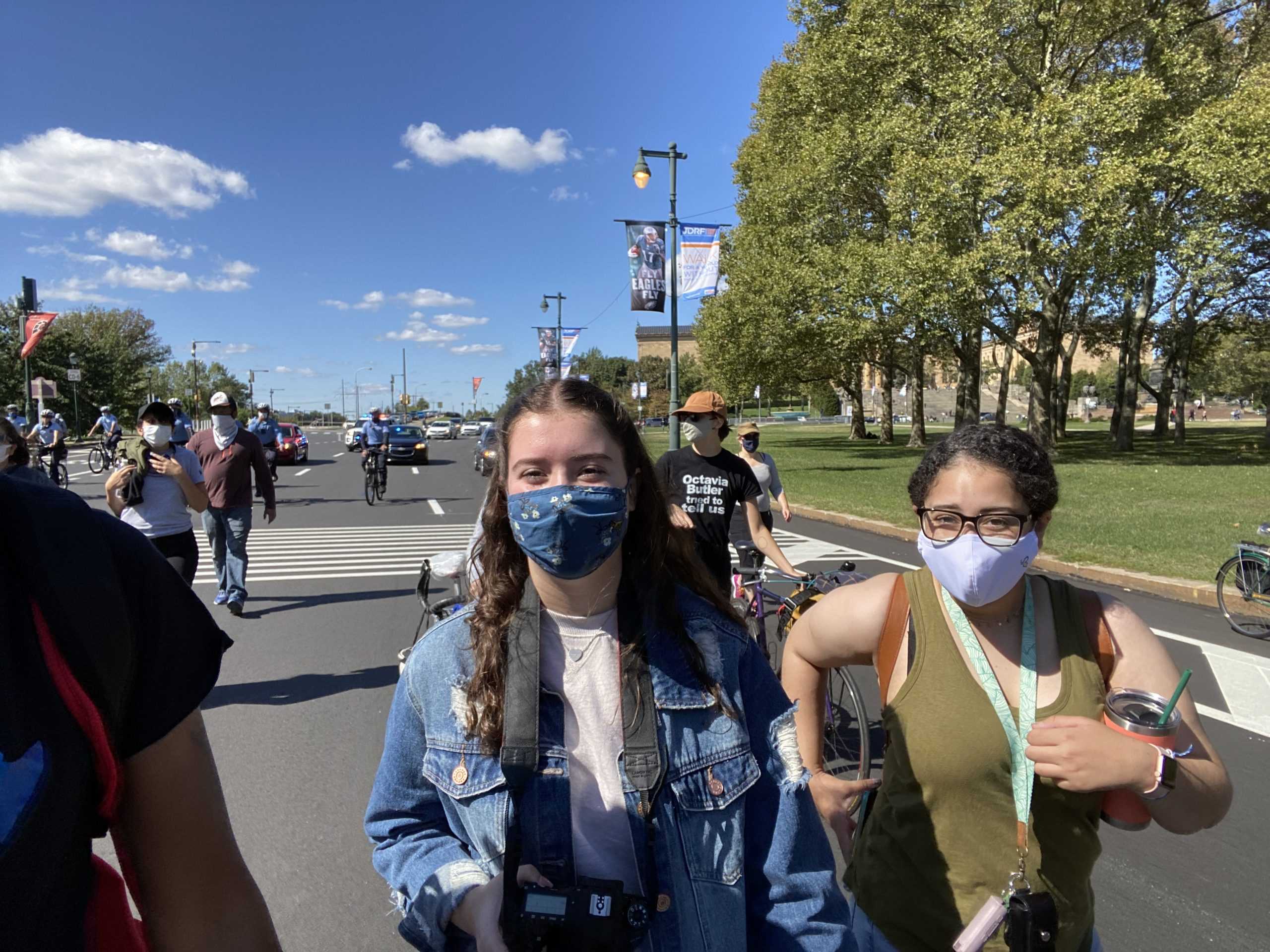
Jackie Collins ’21
Senior Editor
After being on The Hawk for a year and a half prior to the coronavirus pandemic, adjusting our production schedule to abide by COVID-19 protocols was initially heartbreaking. The newsroom served as my “place” on campus and it was difficult to adjust my reporting and publishing practices while maintaining my excitement for my senior year. However, throughout this year, The Hawk not only gave me the skills I need to succeed in the start of my professional journalism career, but also gave me comfort throughout a tumultuous time. I am continuously inspired by the dedication of my colleagues over the past two semesters despite facing seemingly insurmountable challenges every week. The Hawk (Newspaper) Will Never Die!

Cara Smith ’21
Copy Chief
I started working for The Hawk in my News Reporting class during my junior year before the pandemic. I would mostly interview students, faculty and staff in person to voice record them and take notes. After my News Reporting class, I began working as the assistant features editor when the pandemic started to get bad and reporting drastically changed. Due to social distancing, I had to start reporting and interviewing people over Zoom and over the phone, which became exhausting because of Zoom burnout. The majority of my classes are online, so I spend most of my time sitting on Zoom all day staring at a computer screen. I also enjoy connecting face to face with people on campus, so when reporting became remote I felt like I lost that sense of personal connection.
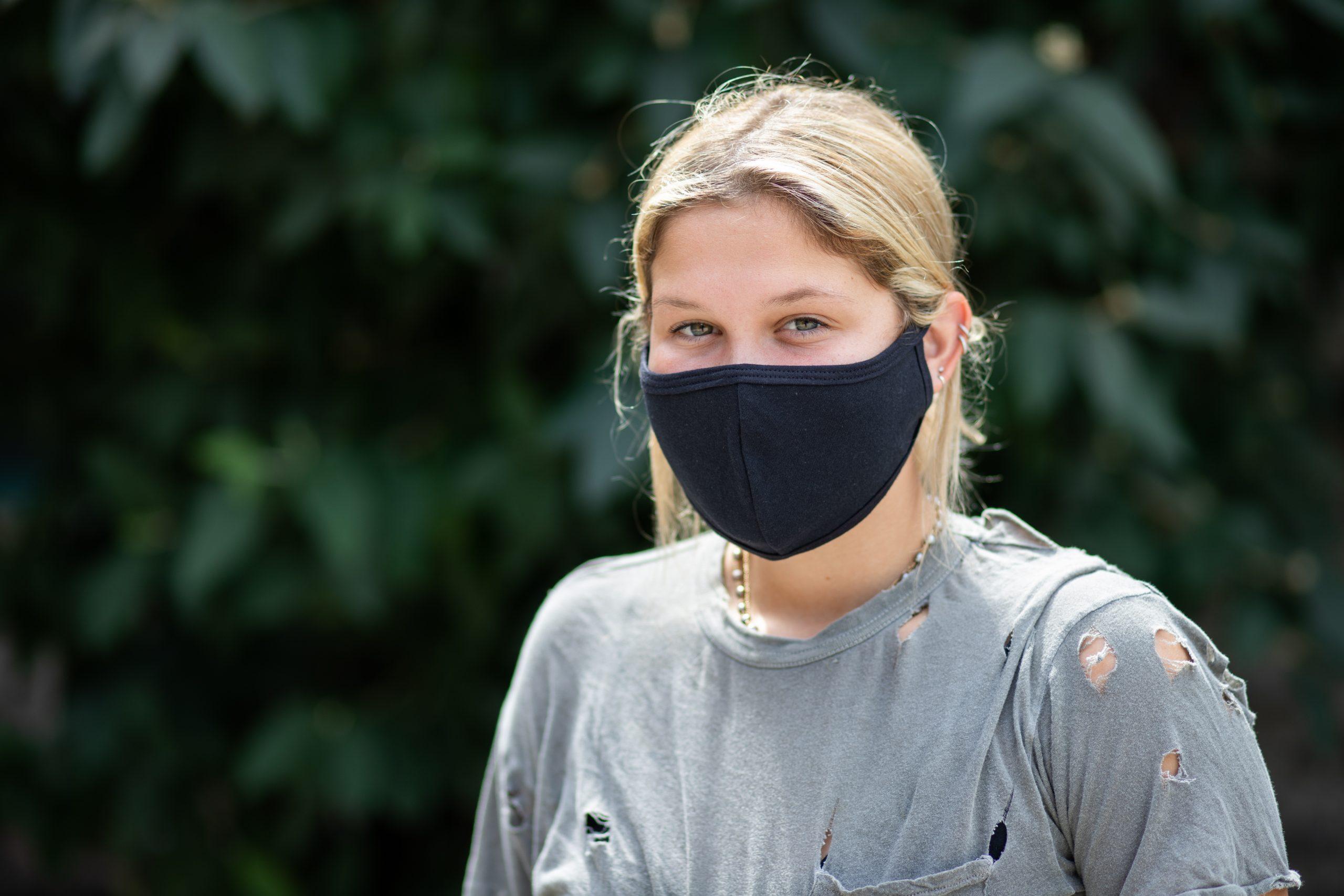
Nenagh Sheehan ’21
Assistant Features Editor
The pandemic made me completely rethink how I reported. My favorite part of the reporting I have done has been going into new spaces, gaining new experiences and writing about the people I meet along the way. During the pandemic, those experiences have been limited, and when they do arise, it’s difficult to fully concentrate on doing your best work with the constant worry of getting COVID-19 in the back of your mind.
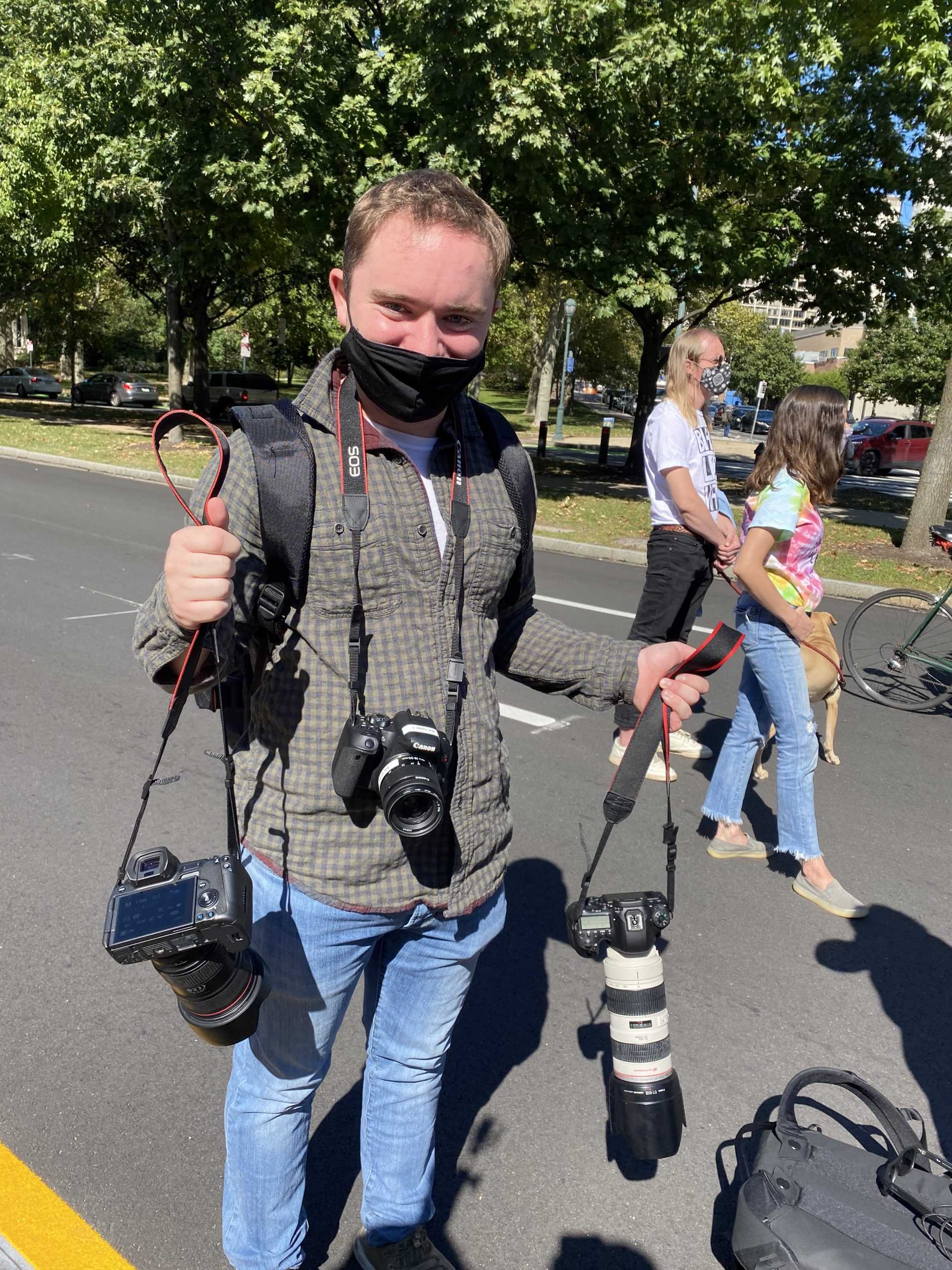
Ryan Mulligan ’21
Editor in Chief
One of the things that I love about journalism is that as a reporter you get to meet so many interesting people. Interviews shed light on not only information in stories but also details about a person and their life. I think that it is one of the things that was initially “lost” when the pandemic first hit, especially in features. It becomes really hard to profile someone well or to do a story justice when you can only interact with someone via Zoom or emails. Sitting in a room with someone allows you to see body language, tone of voice and environmental engagement. You do not get the same energy talking to someone over the phone as you do in real life. Adjusting to this has been a challenge, but over time I think we all learned that even over the phone, you can still have a great interview with someone.
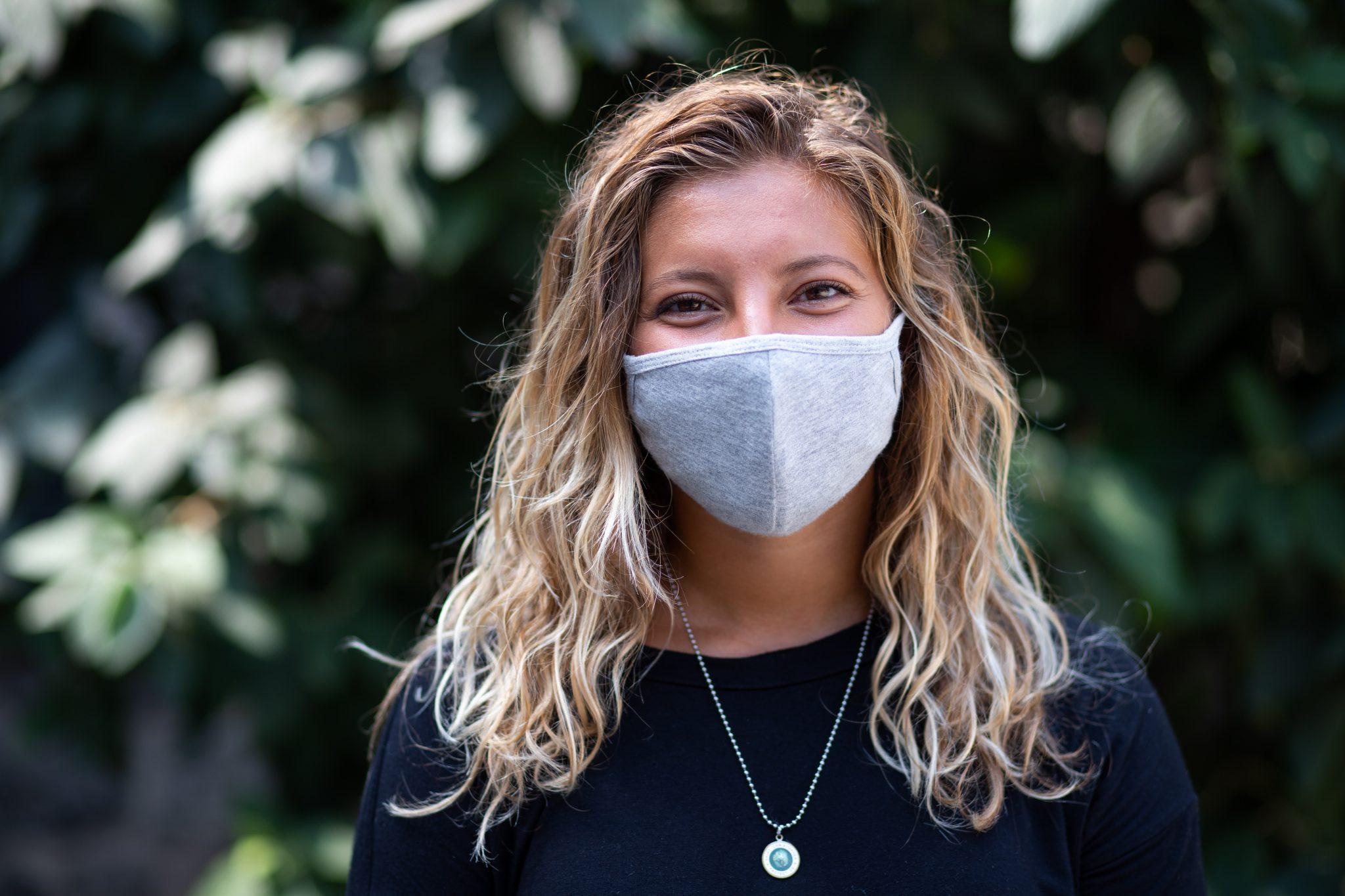
Giana Longo ’22
Designer
It’s strange to think that I came to love this work because of the connections I made with people while reporting, and now the connection that seems to matter the most is that of my computer to the internet if Zoom is the interviewees preferred platform. However, I certainly don’t love this work any less—in fact I think I love it more. In a time when we are all supposed to be apart, I’m lucky to work in an environment where staying apart simply isn’t an option. While I’ve had to get more creative in my methods for getting to know people and finding stories to tell, that only shows just how valuable journalism during a pandemic really is, no matter how small the paper.

Devin Yingling ’22
News Editor
Reporting during COVID-19 is all that I’ve known. I started writing for The Hawk last February, right before the pandemic. The first two stories I wrote were the only two in which I’ve done in-person interviews. While I do think that doing interviews virtually or over the phone gives greater flexibility in scheduling the interviews, I am ecstatic to interview my sources in person when the time comes. I feel like it will capture the essence of people I report on a lot more.
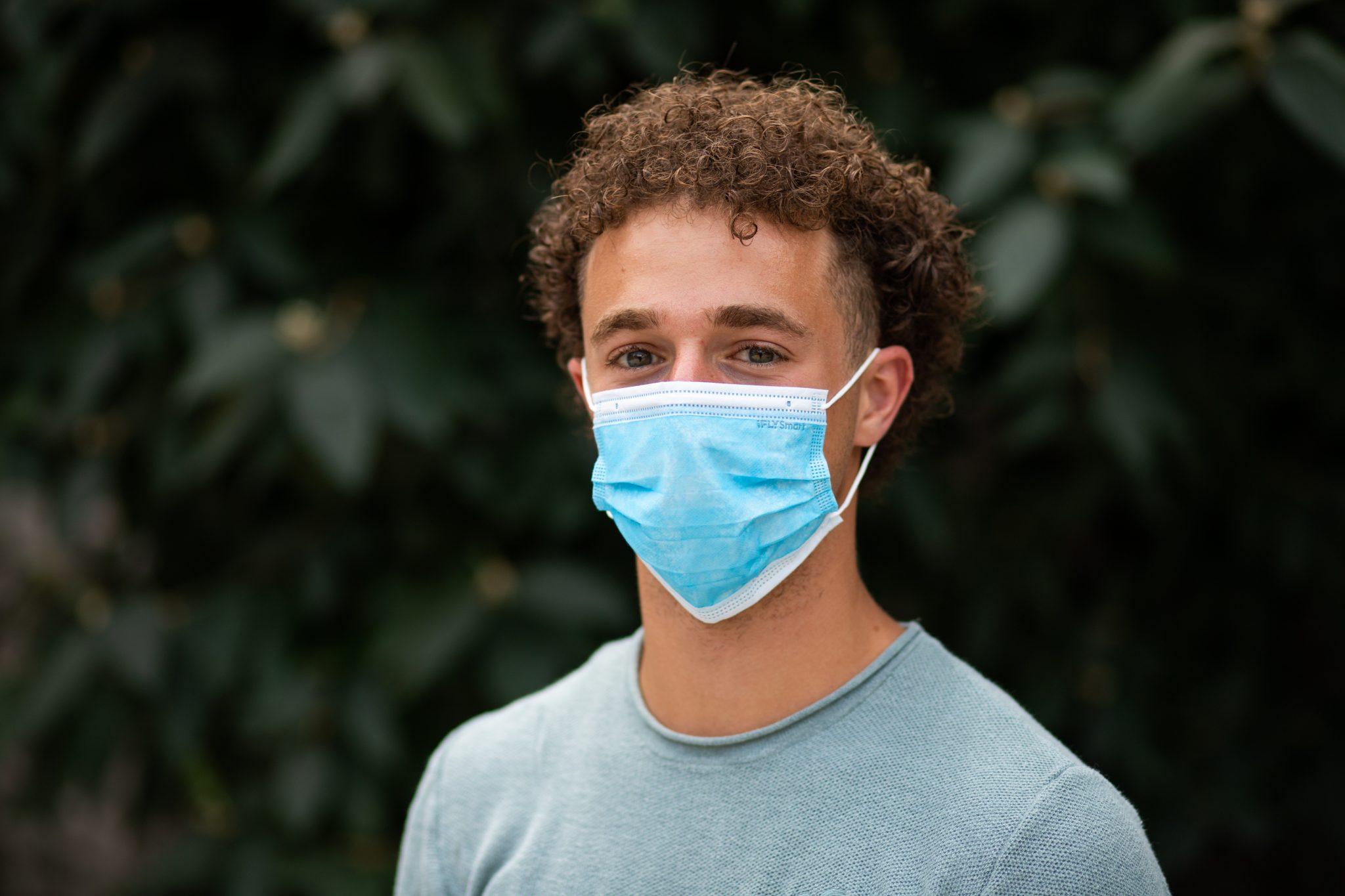
Tyler Nice ’23
Assistant Sports Editor
While writing can be done at home, and interviews can be done over the phone, photography does not have that luxury. The pandemic took a hit on what I could do as a photographer in order to get meaningful photos. Photos tell people’s stories and you have to meet people to get them, which is hard in a pandemic. I regularly had to think of new and creative ways so my staff and I could tell stories safely. While the pandemic has been a hurdle, it has allowed us to capture how a society reacts to an event that affects everyone. It is quite remarkable how a microscopic virus can make a visual effect on the macro world.

Mitchell Shields ’22
Photo Editor














































